Filter by
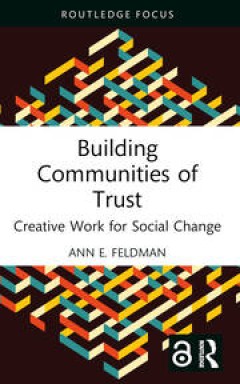
Building communities of trust creative work for social change
Drawing upon a combination of ethnographic research and media and communication theory, Building Communities of Trust: Creative Work for Social Change offers pathways to building trust in a range of situations and communities. Ann Feldman presents rich examples from her own life and social-impact journey with nonprofit, Artistic Circles, along with supplemental case studies from interviews w…
- Edition
- first
- ISBN/ISSN
- 9781003296423
- Collation
- vii, 144 p. : ill
- Series Title
- -
- Call Number
- -
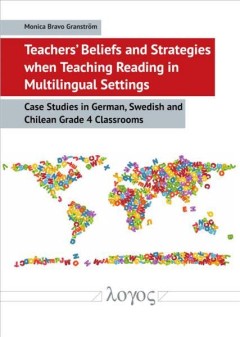
Teachers' beliefs and strategies when teaching reading in multilingual settin…
Globalization has not only changed our society, it has also had a profound effect on education. Many schools deal with student populations that due to migration have become increasingly multilingual. Politically, few would argue against the importance of multilingualism; rather, it is promoted to the fullest. However, in practical terms the challenges associated with teaching and educational po…
- Edition
- -
- ISBN/ISSN
- 9783832548421
- Collation
- 312p: ill.
- Series Title
- -
- Call Number
- 372.4
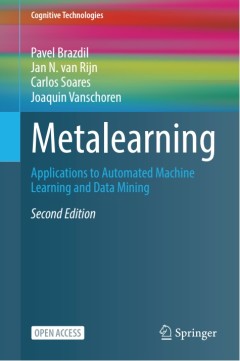
Metalearning : applications to automated machine learning and data mining
This open access book offers a comprehensive and thorough introduction to almost all aspects of metalearning and automated machine learning (AutoML), covering the basic concepts and architecture, evaluation, datasets, hyperparameter optimization, ensembles and workflows, and also how this knowledge can be used to select, combine, compose, adapt and configure both algorithms and models to yield …
- Edition
- Second Edition
- ISBN/ISSN
- 9783030670245
- Collation
- xii, 346p. : ill,
- Series Title
- -
- Call Number
- 006.31 MET m
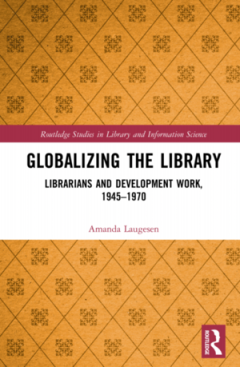
Globalizing the library : librarians and development work, 1945–1970
Globalizing the Library focuses on the globalization of information and the library in the period following the Second World War. Providing an examination of the ideas and aspirations surrounding information and the library, as well as the actual practices and actions of information professionals from the United States, Britain, and those working with organizations such as Unesco to develop lib…
- Edition
- -
- ISBN/ISSN
- 9781351250924
- Collation
- 181 p.
- Series Title
- -
- Call Number
- 020.3 LAU g
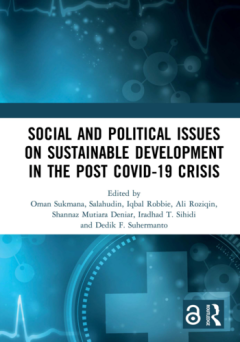
Social and political issues on sustainable development in the post covid-19 c…
As a threat, a pandemic has indirect implications for social, economic and political conditions both at domestic and international levels. Thus, collective and comprehensive efforts are needed in responding to and preventing the expansion of infections caused by the virus, including Covid-19. This international conference provides the discourse on social, economic as well as political issues re…
- Edition
- -
- ISBN/ISSN
- 9781003263586
- Collation
- xiv, 367 p. : ill
- Series Title
- -
- Call Number
- 338.9598 SUK s
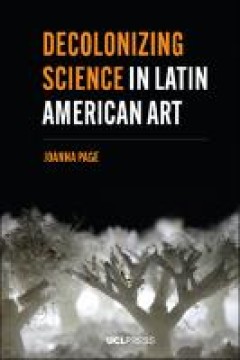
Decolonizing science in Latin American art
Projects that bring the ‘hard’ sciences into art are increasingly being exhibited in galleries and museums across the world. In a surge of publications on the subject, few focus on regions beyond Europe and the Anglophone world. Decolonizing Science in Latin American Art assembles a new corpus of art-science projects by Latin American artists, ranging from big-budget collaborations with NAS…
- Edition
- -
- ISBN/ISSN
- 9781787359765
- Collation
- xi, 288 p. : ill.
- Series Title
- -
- Call Number
- 709.8 PAG d
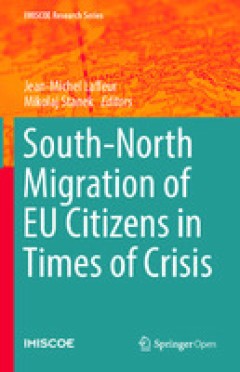
Outh-north migration of eu citizens in times of crisis
The global fi nancial and economic crisis has been hitting the European Union severely since 2008. Although the economic crisis began in advanced economies and then spread all over the globe, its impact and implications are far from being equally distributed geographically. This is particularly visible within the European Union. While some countries, mainly in the North,…
- Edition
- -
- ISBN/ISSN
- 9783319397634
- Collation
- 224 p.
- Series Title
- -
- Call Number
- 304.8. MIKO o
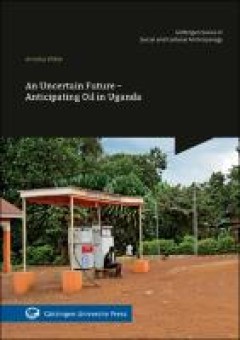
An uncertain future : anticipating oil in Uganda
The discovery of oil in Uganda in 2006 ushered in an oil-age era with new prospects of unforeseen riches. However, after an initial exploration boom developments stalled. Unlike other countries with major oil discoveries, Uganda has been slow in developing its oil. In fact, over ten years after the first discoveries, there is still no oil. During the time of the research for this book between 2…
- Edition
- -
- ISBN/ISSN
- 9783863953607
- Collation
- 277 p. : ill.
- Series Title
- -
- Call Number
- 330 WIT a
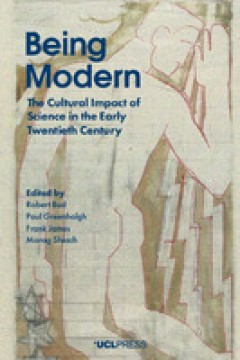
Being modern : the cultural impact of science in the early twentieth century
In the early decades of the twentieth century, engagement with science was commonly used as an emblem of modernity. This phenomenon is now attracting increasing attention in different historical specialties. Being Modern builds on this recent scholarly interest to explore engagement with science across culture from the end of the nineteenth century to approximately 1940. Addressing the breadth …
- Edition
- -
- ISBN/ISSN
- 9781787353930
- Collation
- xvii. ;ill. : 438 p.
- Series Title
- -
- Call Number
- 306.45. FRA b
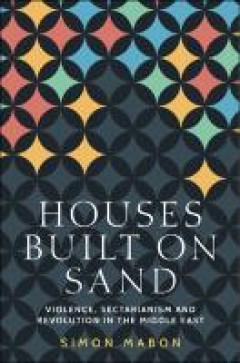
Houses built on sand : violence, sectarianism and revolution in the Middle East
The events of the Arab Uprisings posed an existential challenge to sovereign power across the Middle East. Whilst popular movements resulted in the toppling of authoritarian rule in Tunisia, Egypt and Yemen, other regimes were able to withstand these pressures. This book questions why some regimes fell whilst others were able to survive. Drawing on the work of political theorists such as Agambe…
- Edition
- -
- ISBN/ISSN
- 9781526126474
- Collation
- x, 266 p. : ill.
- Series Title
- -
- Call Number
- 303.48330956 MAB h
 Computer Science, Information & General Works
Computer Science, Information & General Works  Philosophy & Psychology
Philosophy & Psychology  Religion
Religion  Social Sciences
Social Sciences  Language
Language  Pure Science
Pure Science  Applied Sciences
Applied Sciences  Art & Recreation
Art & Recreation  Literature
Literature  History & Geography
History & Geography